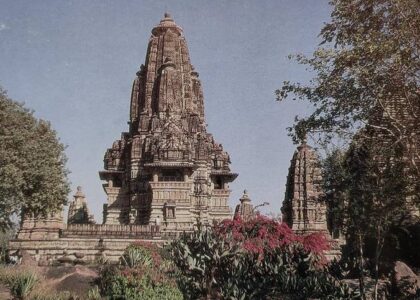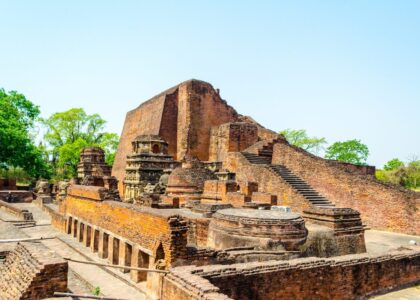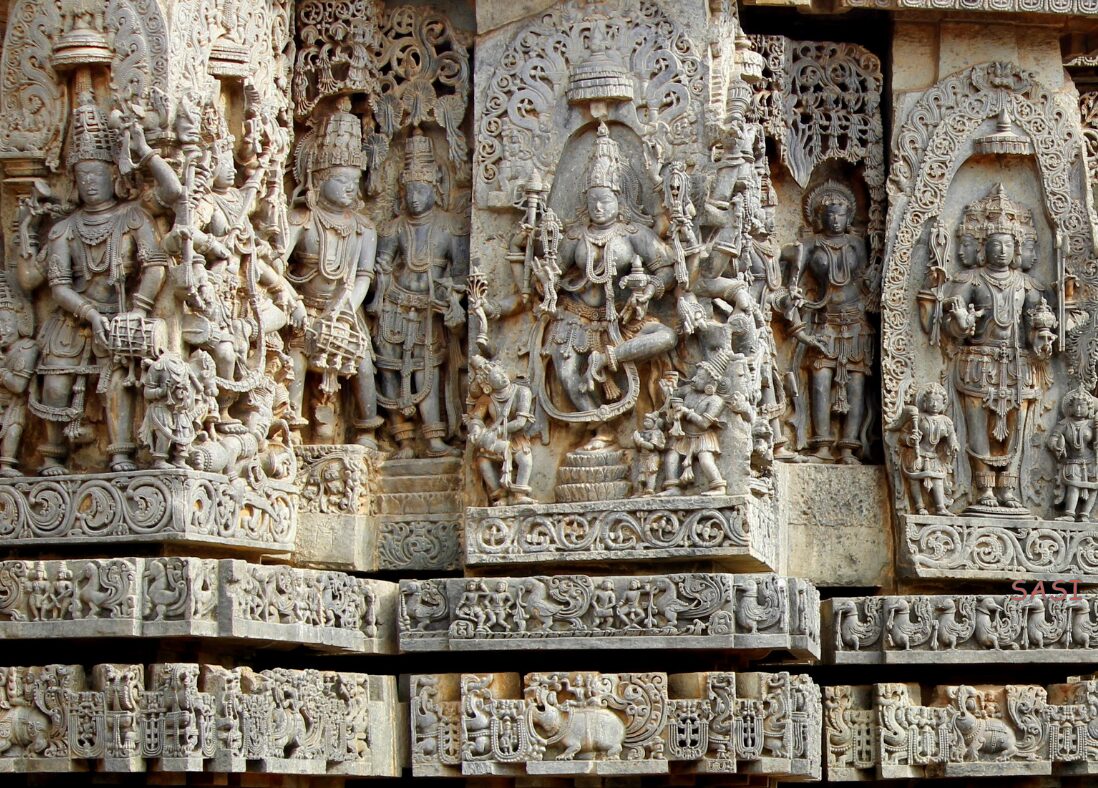Diwali, the festival of lights, is celebrated with great enthusiasm and joy throughout India. However, there are certain pockets in the country where this festival is not observed with the same fervor. One such place is Melukote, a small town in the Mandya district of Karnataka. In this blog post, we delve into the historical context that contribute to the absence of Diwali celebrations in Melukote.
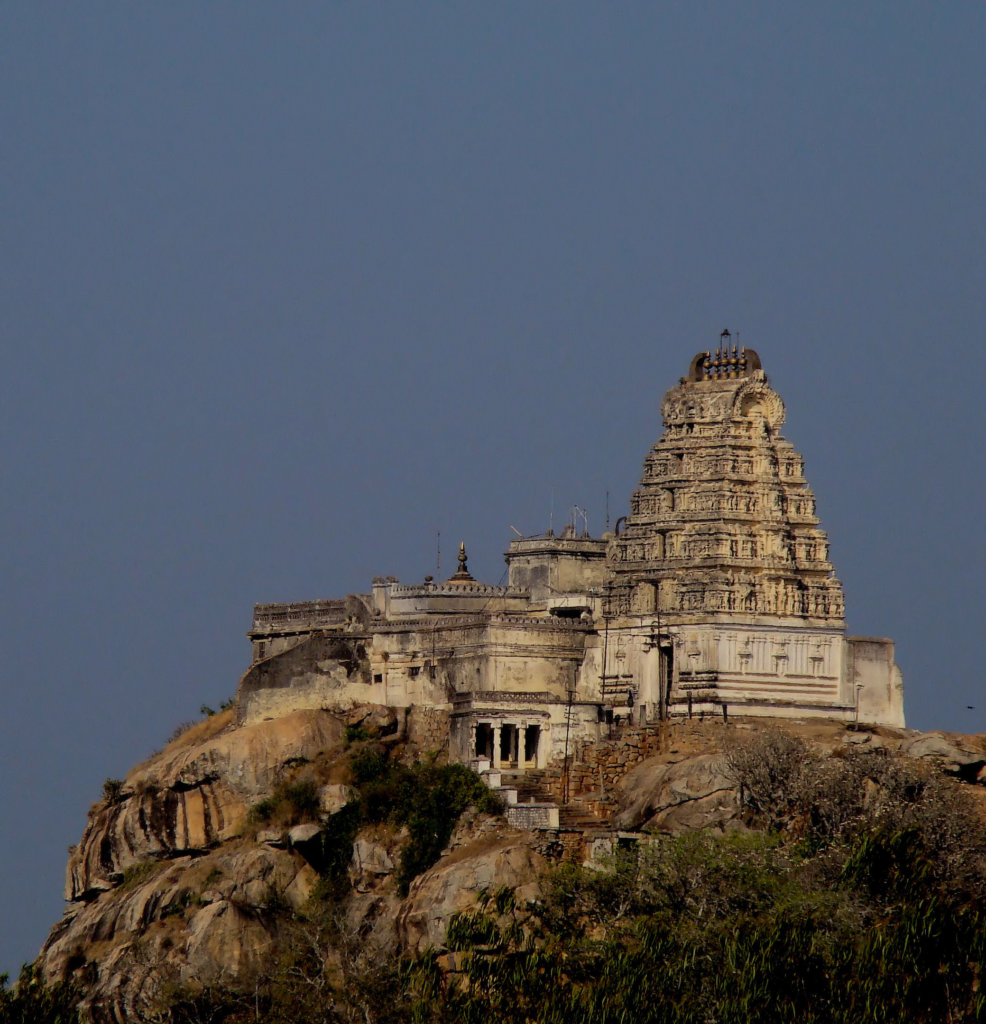
Yoga Narsinha Temple, MelukoteMelukote is a village and a historic place of the same name, situated at a distance of 36 km from Mandya and 51 km from Mysore. According to mythological account, this place was known as Narayanadri, Vedadri, Yadavadri, Yathishaila and Tirunarayanapura. The name of the place is derived from the temple of Narayanaswamy which is built on the hillock, surrounded by a fort. It is built on a rocky hill-range named Yadugiri, which is 3,589 feet (1,094 m) high above sea level. The village is the only settlement in Mandya district, located above 1000 metres.
In the 12th century, the Srivaishnava saint Ramanujacharya took up his residence in this location for about 14 years. As a result, it became a prominent centre of Srivaishnavism. Large numbers of Iyengar Brahmins migrated and settled in the region, forming the Mandyam Iyengar community.
Melukote is the location of the Cheluvanarayana Swamy Temple, Yoganarasimha temple and many other shrines and ponds are located in the town. Melukote is home to the Academy of Sanskrit Research, which has collected thousands of Vedic and Sanskrit manuscripts. In the early 16th century, there were around a thousand houses where Brahmins lived. But in 18th century, after an heinous act by local king, the celebration of Diwali stopped forever at this place.
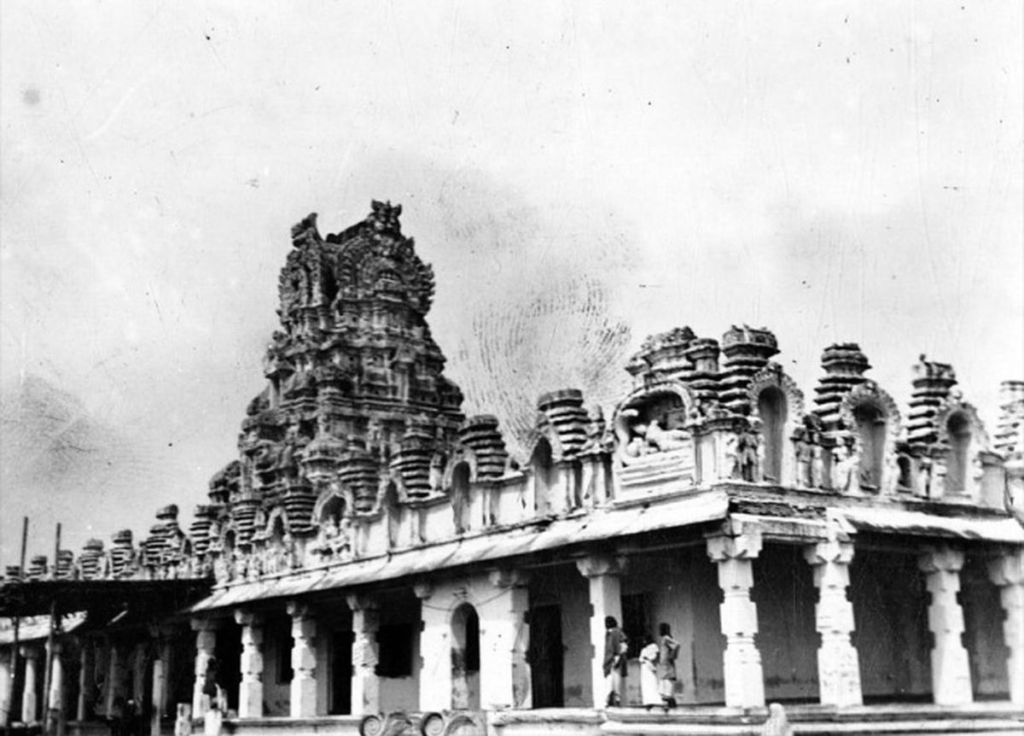
A view of Chaluvarayaswamy Temple at Melkote; Photo Courtesy : The Hindu archivesOn Naraka Chaturdashi in 1790, Tipu Sultan massacred more than 700 Mandyam Iyengar families in Melukote, including women and children. They had congregated at Narashimhaswamy temple on the banks of Cauvery at Srirangaptna town to celebrate Diwali when Sultan’s army massacred them. This mass butchering by Tipu’s army forced Mandyam Iyengars to move to Nagamangala and later settle down in Melukute from Baburayana Koppalu, Mandya Koppal and Mandya. This is the reason why diwali (deepawali) is not celebrated in this town. People mourn the death and destruction that Tipu Sultan wrecked over the holy town over two centuries ago.



